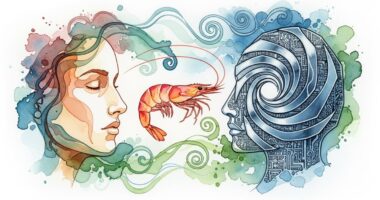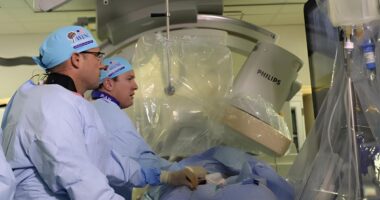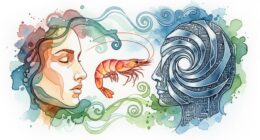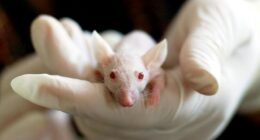Artificial intelligence can detect intestinal parasites in stool samples with greater accuracy than experienced laboratory technicians, according to research that could transform how labs diagnose parasitic infections worldwide.
Scientists at ARUP Laboratories and Utah startup Techcyte developed a deep-learning model that achieved 98.6 per cent agreement with manual microscopic examination whilst identifying 169 additional organisms that human reviewers had missed, reports the Journal of Clinical Microbiology.
The convolutional neural network was trained on more than 4,000 parasite-positive samples from laboratories across the United States, Europe, Africa and Asia, covering 27 classes of parasites, including rare species like Schistosoma japonicum from the Philippines and Schistosoma mansoni from Africa.
Traditional parasite detection requires highly skilled technicians to manually examine each sample under microscopes, searching for cysts, eggs or larvae. This is a time-consuming process that depends entirely on human expertise. The AI system demonstrated superior sensitivity even with highly diluted samples, suggesting it can identify infections at earlier stages when parasite levels remain low.
“Our validation studies have demonstrated the AI algorithm has better clinical sensitivity, improving the likelihood that a pathogenic parasite may be detected,” said lead author Blaine Mathison, ARUP’s technical director of parasitology and University of Utah adjunct lecturer.
Record specimen volumes
ARUP became the world’s first laboratory to apply AI to parasitic testing in 2019, initially for trichrome staining analysis. The facility expanded to wet-mount analysis in March 2025, making it the first lab using AI for the entire testing process. This timing proved crucial when record specimen volumes arrived in August.
The technology’s commercial applications extend beyond parasitology. ARUP has implemented AI for Pap testing while developing additional diagnostic tools. Partner company Techcyte, founded in 2013 to commercialise University of Utah discoveries, has evolved into a leader in AI-powered digital diagnostics.
“We are identifying more organisms than we would without the AI, which improves diagnosis and treatment for patients who are affected,” said Adam Barker, ARUP’s chief operations officer.
ARUP operates as an independent nonprofit enterprise of the University of Utah and the School of Medicine’s Department of Pathology. The laboratory serves as a national reference lab, processing tests for clients across the country.
The research team included scientists from both ARUP and Techcyte, with senior author Marc Couturier, formerly ARUP’s head of medical operations for microbiology, now serving as medical director at Maine’s NorDx laboratory.
The study appears under the title “Detection of protozoan and helminth parasites in concentrated wet mounts of stool using a deep convolutional neural network” in the 21 October edition of the Journal of Clinical Microbiology.











